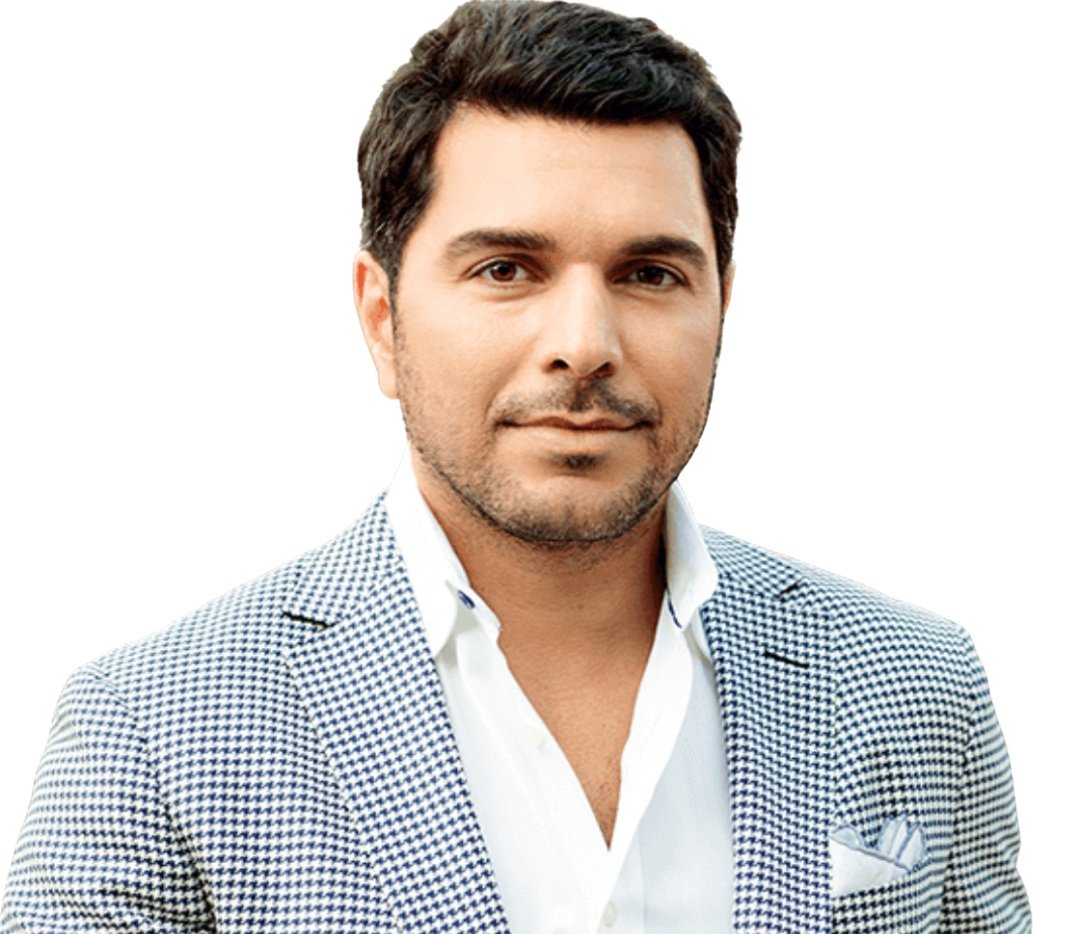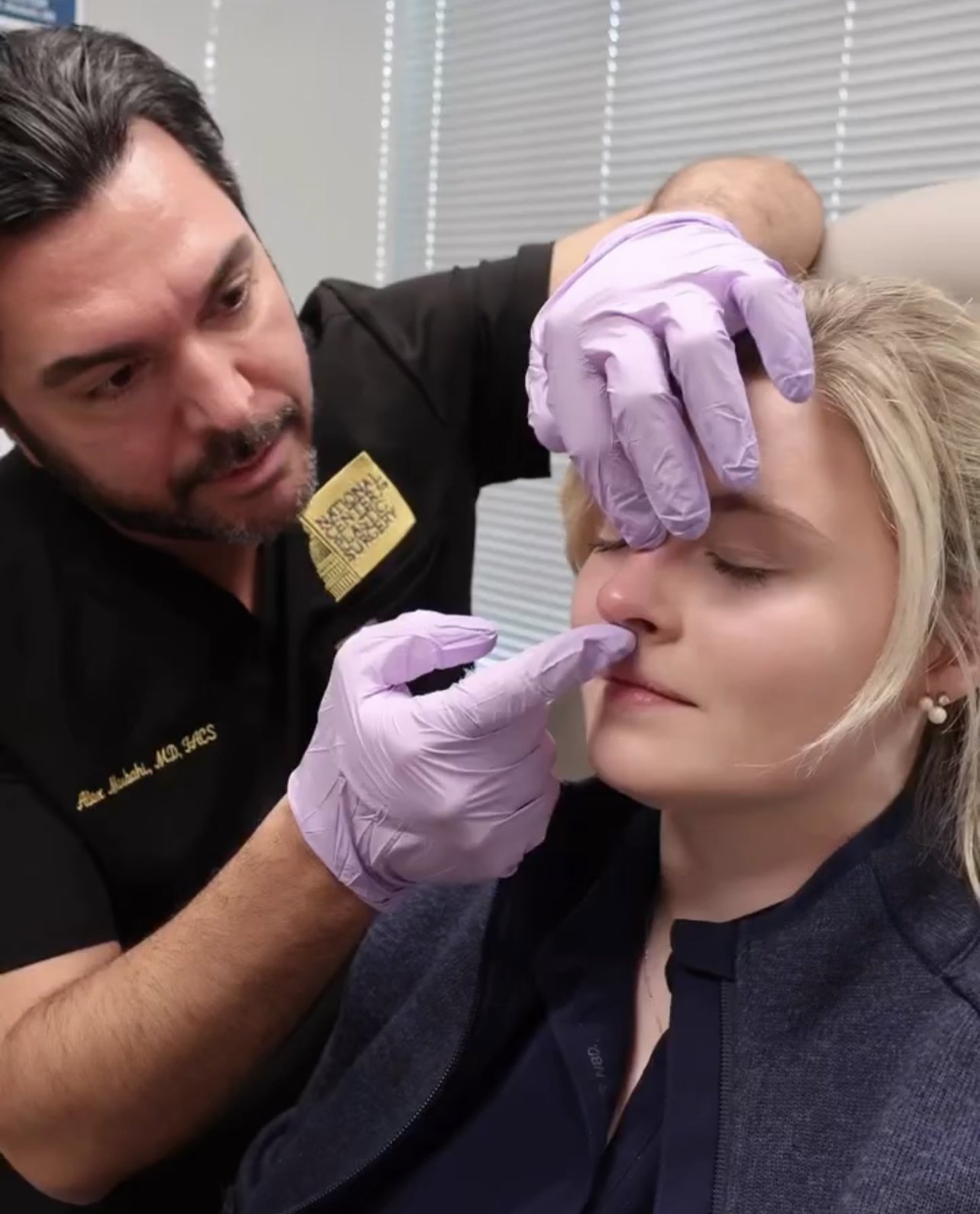Provider Spotlight: Alex Mesbahi, MD, FACS
Specializing in rhinoplasty, facial rejuvenation, breast augmentation, and body contouring, Dr. Mesbahi has grown a global patient base who seek his “less is more” aesthetic.
Dr. Mesbahi is Board Certified in Plastic Surgery and continues to enhance his expertise through global training to stay on top of leading industry trends and techniques.
Dr. Mesbahi sat down with the team at All Things Aesthetics to share his love for plastic surgery and how his skilled approach continues to provide his patients with lasting results that they love.
Tell us why you chose to pursue a career path in plastic surgery?
I love many things about Plastic Surgery. It is one of the few surgical specialties that involves surgery from head to toe. Many people also do not realize that it goes far beyond cosmetic surgery. There is reconstructive surgery for cancer, burns, hands, wounds and pediatric surgeries like cleft lip and palate repair. Plastic surgeons are revered for their skill and techniques, and often called upon by surgeons from other specialties to help with reconstruction of difficult defects or wound repair.
How do you stay up-to-date with the latest advancements and techniques in plastic surgery?
I have always been an early adopter of new innovations and techniques. I learn about them by attending conferences, webinars, and reading journals. I am also on the editorial board for the Plastic and Reconstructive Surgery Journal and lucky to be exposed to amazing ideas by my colleagues from around the world.
Rhinoplasty is one of your primary specialities, how would you describe your approach to help patients achieve their aesthetic goals?
I would describe my approach as ever evolving. Rhinoplasty requires years of training and learning to even begin to feel consistently happy with results. From the time of consultation, I use 3D imaging to give my patients an idea of what is possible but also learn about their expectations. What I have learned in 15 years of practice is that it really takes at least 2 years for the nose to reach the desired appearance.
Talk to us about your approach for overall facial balancing.
One of the big mistakes I see is providers sticking to certain rules or measurements in facial aesthetics. I tend to stay away from that and trust my eye. I take a less is more approach and I think that allows me to deliver more natural and elegant results with both injectables and facial surgery.
The current climate of aesthetics tends to lean towards exaggerated facial features and silhouettes. Tell us about your less is more approach.
Quite simply, it is always possible to add more filler, or more fat to a face. But once too much is injected, it is hard to go back from that. The same goes for surgery. For instance, in a facelift if too much skin is taken, it can result in an over pulled or windswept kind of an appearance. That is not reversible.
How do you manage patient expectations and ensure they have realistic goals for their desired outcomes?
Maybe a bit of semantics here but I try to set expectations before I have to manage them. My patients that book surgery with me trust that I have given them a realistic description of the surgery process and the recovery. I make it clear that no result can be guaranteed, complications can and do happen and sometimes revisions are needed to get closer to the aesthetic goal.
What is your favorite procedure to perform and why?
On the cosmetic end I love rhinoplasty and breast surgery. There is a great deal of finesse needed to have a great result and those types of skill requirements appeal to me. Similarly, on the reconstructive side, microvascular surgery like for DIEP flaps in breast cancer reconstruction also requires a great deal of skill and not many plastic surgeons are trained to do it.
What advice would you offer a patient looking to have plastic surgery performed?
You get what you pay for. This doesn’t mean that more expensive surgeons are better or give better results. But as it is said, cheap surgery is never good and good surgery is never cheap. Make sure your surgeon is board certified by the American Board of Plastic Surgery or Facial Plastic Surgery. The board of “cosmetic surgery” is not recognized by the American Board of medical specialties.
What do you consider to be the most rewarding aspect of being a plastic surgeon?
The relationships I have with my patients often lasts for years and surgeons from other specialties often lament the fact that they don’t have that benefit. I’ve had rhinoplasty patients become mommy makeover patients years later or breast cancer patients become cosmetic surgery patients after they’ve beaten their illness and that is incredibly rewarding.
To learn more about Dr. Mesbahi’s experience, certifications, awards and to schedule a consultation follow the link below.




